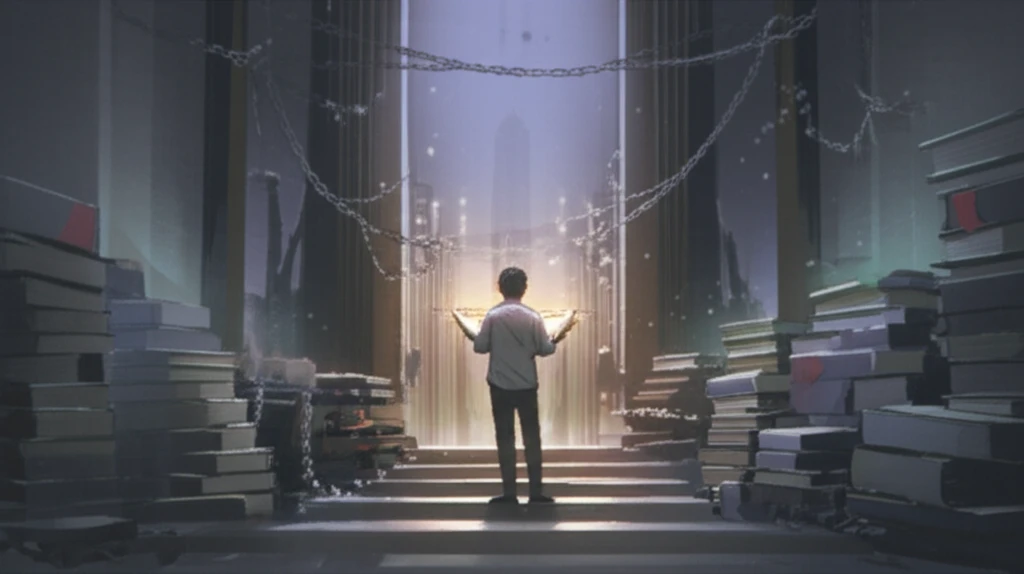
When Education Becomes the Target: Unpacking the Silencing of Dissent in Academic Spaces
"Is critical pedagogy under attack? Delve into the suppression of free speech on campuses and its implications for social justice and academic freedom."
Universities have historically been spaces for critical thought, dissent, and the exploration of diverse perspectives. However, recent trends suggest a growing backlash against critical pedagogy, particularly when it challenges established power structures. This article examines the emerging efforts to suppress critical discussions and activism on university campuses, focusing on the case of Israeli Apartheid Week (IAW) as a key example.
Israeli Apartheid Week, conceived as a way to raise awareness about the Palestinian experience, has become a focal point for controversy and attempts at censorship. While universities have traditionally prided themselves on fostering open dialogue, the response to IAW reveals a disturbing pattern of suppressing viewpoints that challenge the status quo.
This article will delve into the various tactics used to silence IAW and related activism, analyze the motivations behind these actions, and explore the broader implications for academic freedom and social justice education. By understanding these dynamics, educators, students, and concerned citizens can work to protect the vital role of universities as spaces for critical inquiry and dissent.
The Anatomy of Silencing: How Dissent is Suppressed on Campus

The suppression of dissent on university campuses manifests in a variety of ways, often targeting specific events or viewpoints deemed controversial. These tactics range from subtle bureaucratic obstacles to overt censorship and disciplinary measures. Understanding these methods is crucial for recognizing and resisting them.
- Denying space for events or selectively enforcing room booking policies.
- Imposing excessive security fees that make events financially unsustainable.
- Banning promotional materials or restricting the use of certain language, such as "Israeli apartheid."
- Disciplining students or faculty members for expressing controversial viewpoints.
- Canceling events under pressure from external organizations or political figures.
Defending the Principles of Free Inquiry: A Call to Action
The attempts to silence dissent on university campuses represent a serious threat to academic freedom and the principles of open inquiry. By creating a climate of fear and self-censorship, these actions undermine the ability of universities to serve as spaces for critical thought, social change, and democratic participation.
To counter these trends, it is essential for students, faculty, and community members to actively defend the right to free speech and academic freedom. This includes supporting events like IAW, challenging censorship attempts, and advocating for policies that protect dissenting voices. It also means fostering a culture of respectful dialogue and critical engagement, even on controversial topics.
Ultimately, the future of academic freedom depends on our willingness to stand up for the principles of free inquiry and dissent. By challenging the forces that seek to silence critical voices, we can ensure that universities remain vibrant spaces for intellectual exploration, social justice, and the pursuit of truth.
